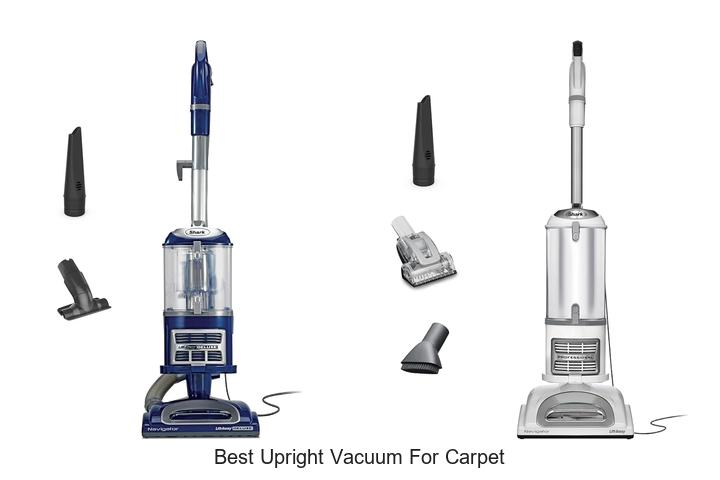How Do You Say Vacuum in Spanish? Complete Guide & Tips
If you’re learning Spanish or planning a trip to a Spanish-speaking country, knowing everyday vocabulary can make a big difference. One common household item you might want to talk about is a vacuum. Whether you’re discussing cleaning chores or shopping for appliances, it helps to know the right word.
In Spanish, the word for vacuum can vary depending on the context. This article will guide you through the different ways to say vacuum in Spanish and how to use each term correctly. You’ll feel more confident expressing yourself in conversations about cleaning and household tasks in Spanish.
Understanding the Word “Vacuum”
The word “vacuum” carries different meanings that influence its translation into Spanish. Grasping its usage helps you choose the right term in various situations.
Meaning and Usage in English
“Vacuum” describes an empty space without matter, often air, and a household device that cleans surfaces by suction. It functions as both a noun and a verb—for example, “vacuum cleaner” and “to vacuum the floor.” Recognizing these uses clarifies your approach to its Spanish equivalents.
Different Contexts for “Vacuum”
The term applies to scientific and everyday contexts. In science, “vacuum” refers to a space devoid of air, while in domestic settings, it denotes cleaning appliances. Your choice of Spanish word changes accordingly between contexts, reflecting precision in communication.
Translating “Vacuum” Into Spanish
You encounter two main Spanish words for “vacuum,” depending on whether you mean the empty space or the cleaning device. Choose the term based on the context to communicate clearly.
Common Spanish Words for “Vacuum”
- Vacío: Refers to a vacuum as an empty space without matter, often in scientific or technical contexts.
- Aspiradora: Denotes the household vacuum cleaner used for suctioning dirt and debris from floors and surfaces.
- Aspira: Used in some regions as a shorthand for vacuum cleaner.
- Depresor: Used less frequently, mainly in specialized scientific contexts for vacuum pumps or devices creating a vacuum.
Differences Between “Vacío” and “Aspiradora”
- Vacío describes the absence of matter in a space, matching the English noun “vacuum” in physics or space science.
- Aspiradora identifies the appliance that cleans surfaces by suction, matching the household meaning of “vacuum.”
- Vacío cannot refer to the cleaning device, and aspiradora does not describe empty spaces.
When to Use Each Translation
Use vacío when discussing scientific concepts, such as “vacuum pressure” (presión de vacío) or “vacuum environment” (ambiente de vacío). Switch to aspiradora when talking about cleaning tasks, like “I need to buy a new vacuum” (Necesito comprar una nueva aspiradora). Employ the correct term to maintain accuracy and avoid confusion.
Pronunciation Guide for Spanish Terms
Mastering the pronunciation of Spanish terms for vacuum helps you communicate clearly. Focus on the distinct sounds in each word to sound natural.
How to Pronounce “Vacío”
Pronounce “vacío” as [bah-SEE-oh].
- Stress falls on the second syllable “SEE.”
- The “v” sounds like a soft “b.”
- The “í” is a sharp, accented “ee” sound.
Practice saying it slowly: bah-SEE-oh.
How to Pronounce “Aspiradora”
Pronounce “aspiradora” as [ahs-pee-rah-DOH-rah].
- Stress falls on the fourth syllable “DOH.”
- The “a” sounds are like the “a” in “father.”
- Each syllable is clearly enunciated: ahs-pee-rah-DOH-rah.
Examples of “Vacuum” Used in Spanish Sentences
- Use vacío to describe an empty space: “El espacio está vacío” means “The space is a vacuum.”
- Say aspiradora when referring to a vacuum cleaner: “Necesito la aspiradora para limpiar el piso” means “I need the vacuum cleaner to clean the floor.”
- Employ aspira as a regional term for vacuum cleaner: “La aspira está rota” translates to “The vacuum is broken.”
- Apply depresor in scientific contexts: “El depredor elimina el aire del tubo” means “The vacuum removes air from the tube.”
- Use vacío to explain scientific concepts: “El experimento se realizó en un vacío” means “The experiment was conducted in a vacuum.”
- Say aspirar as a verb for vacuuming with a cleaner: “Voy a aspirar la alfombra” translates to “I’m going to vacuum the carpet.”
Conclusion
Knowing the right Spanish word for vacuum helps you communicate clearly whether you’re talking about cleaning or scientific concepts. Using terms like “aspiradora” for the household device and “vacío” for empty space ensures you sound natural and precise.
Mastering pronunciation and context will boost your confidence when discussing everyday tasks or more technical topics in Spanish. With these tips, you’re better equipped to handle conversations involving vacuums no matter the situation. Keep practicing, and soon these words will become second nature in your Spanish vocabulary.




